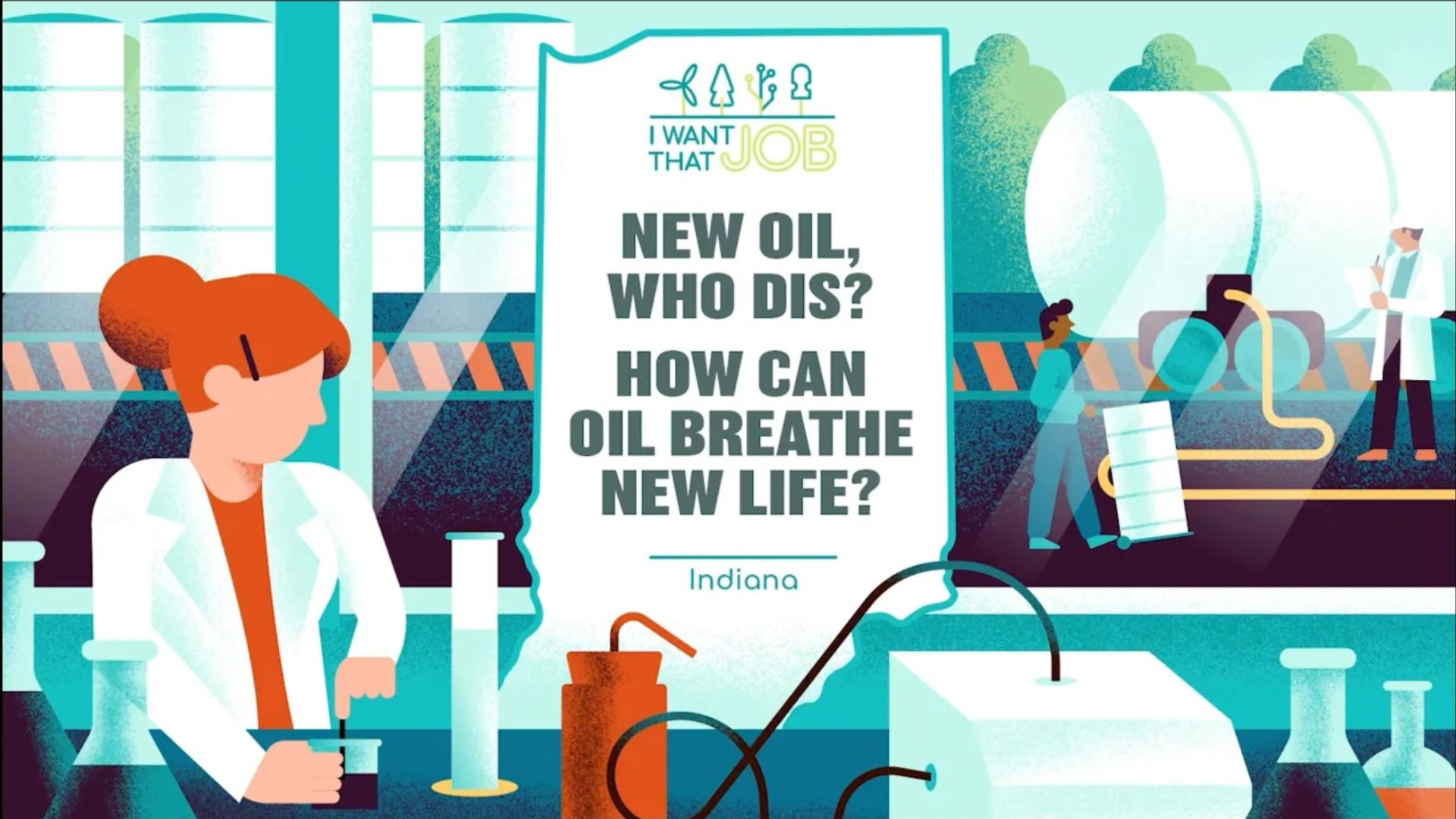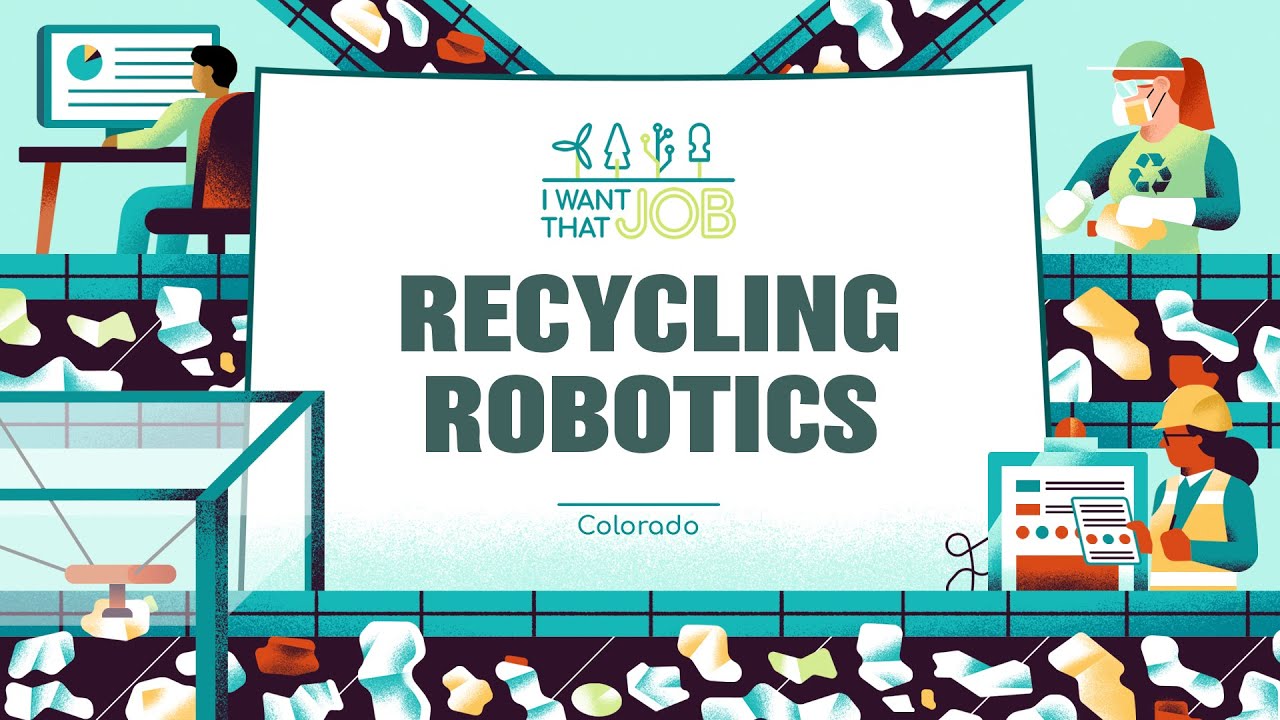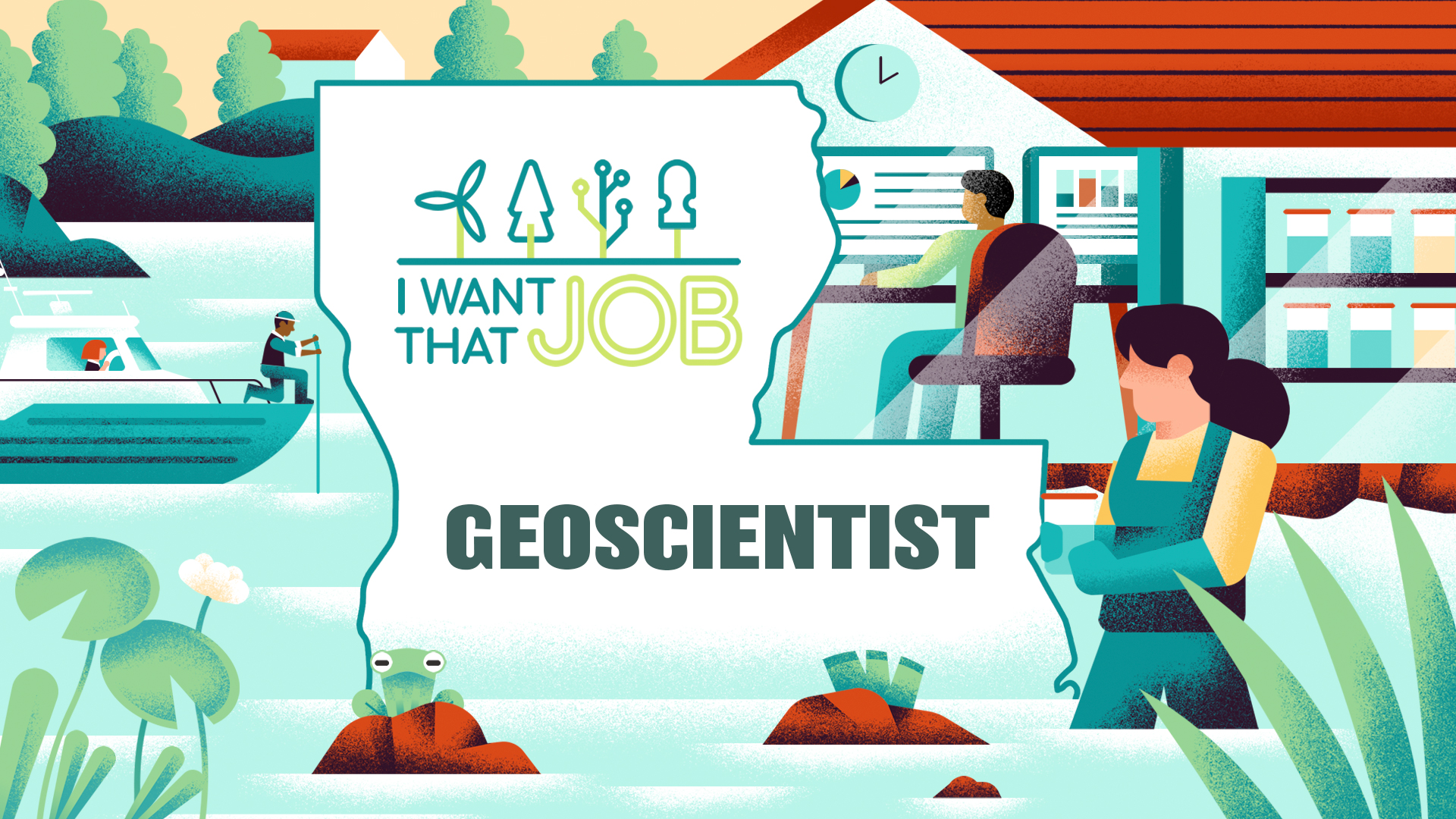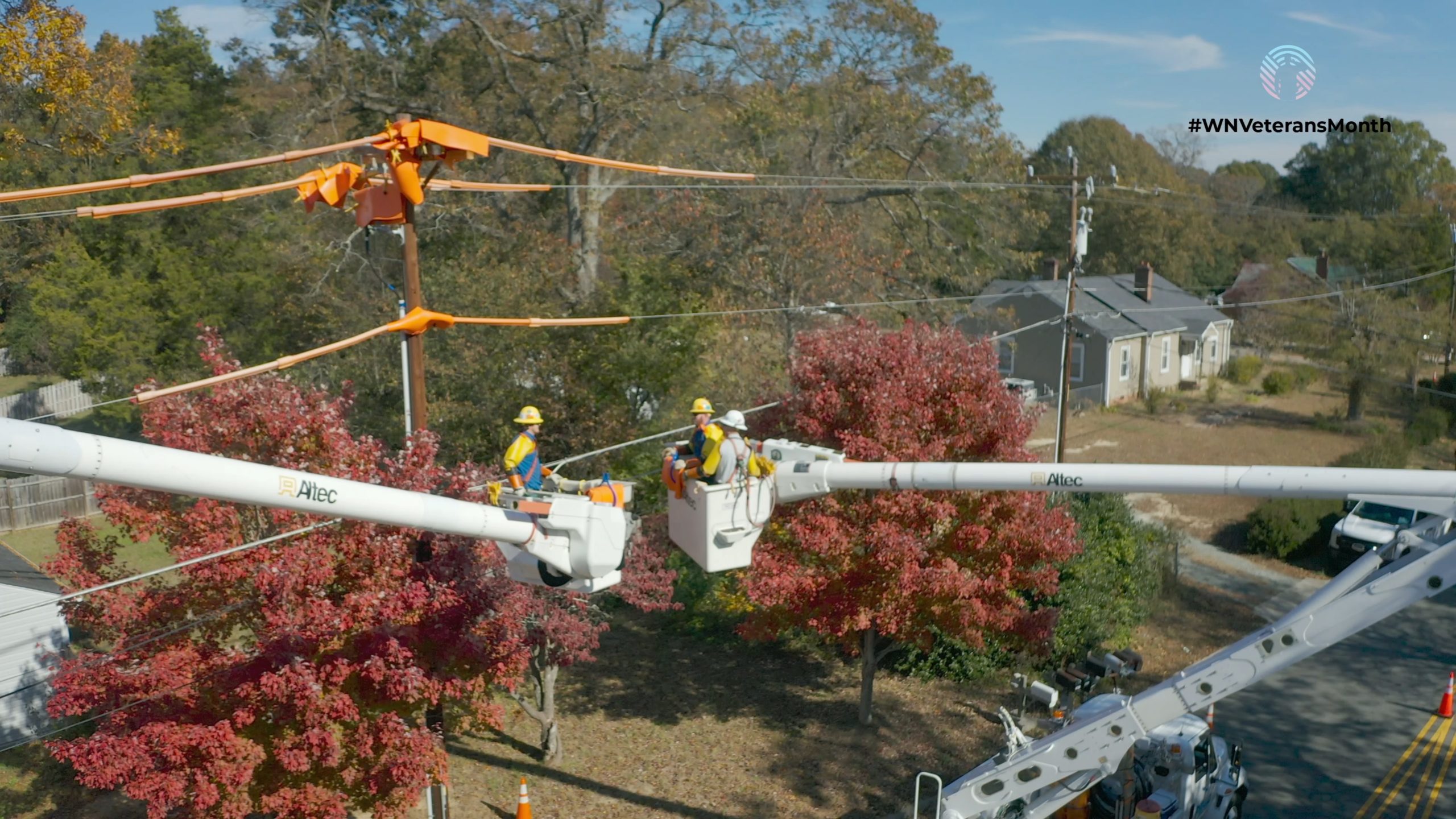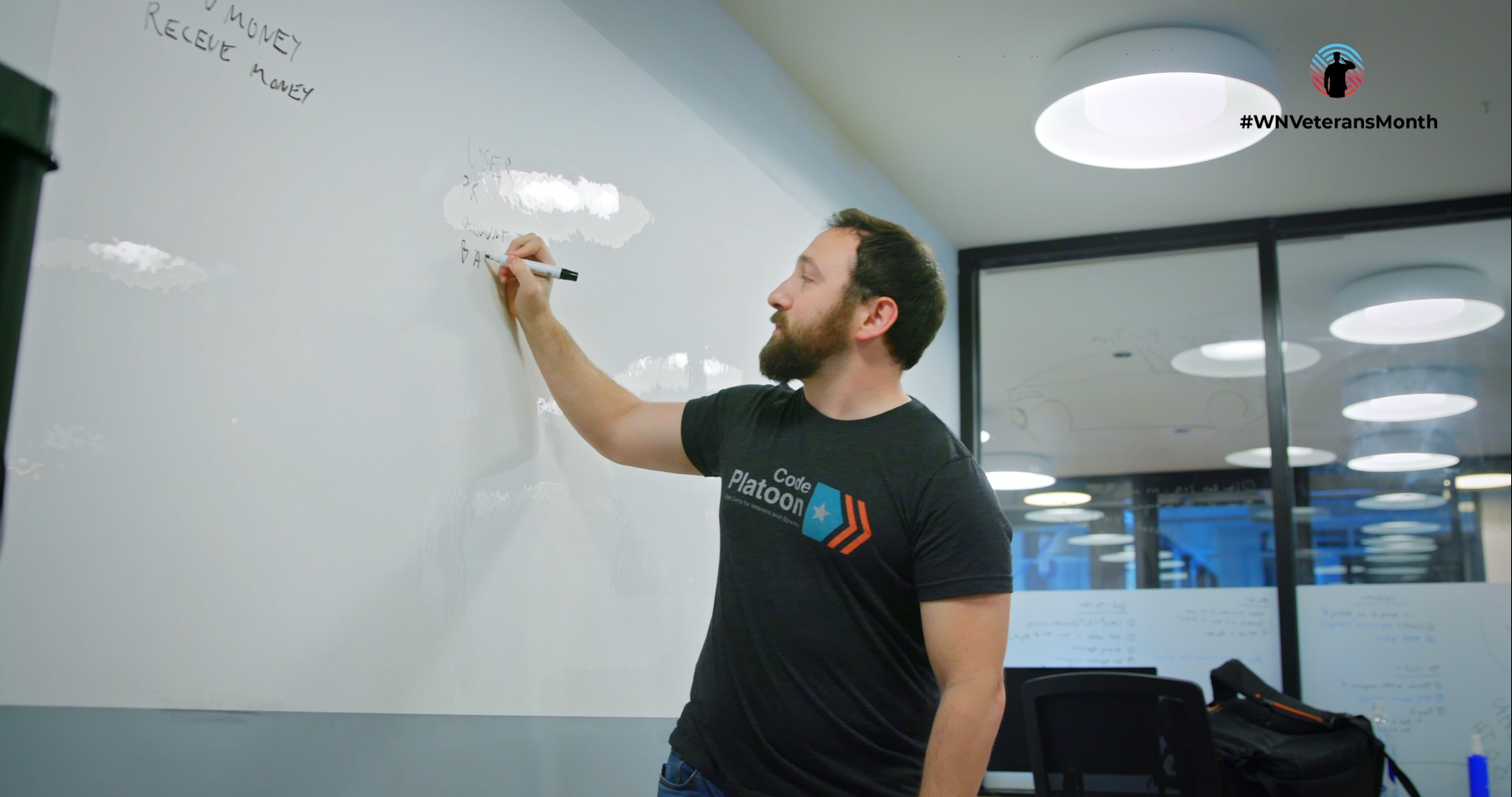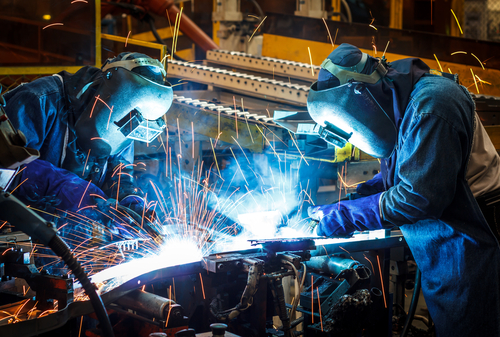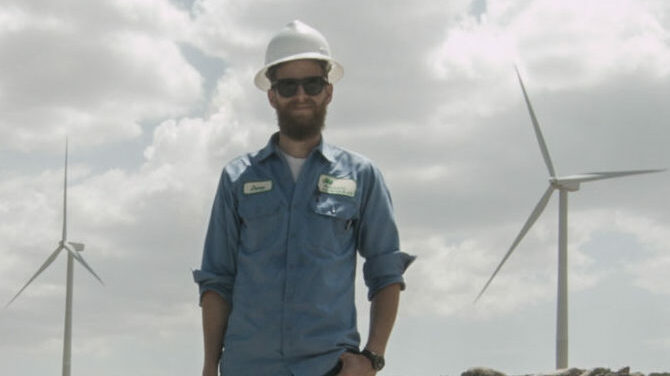Ben Krog works as a mechanical engineer for Salin 247, an Iowa-based company that designs and manufactures lightweight farming equipment to alleviate soil compaction on crop fields.
“You never really know what you’re working on each day; you probably could be designing the machine or running simulations,” says Krog. “Once we have that finished, we can start assembling the whole machine, and then we can move on to testing in the field.”
Mechanical engineers like Krog are responsible for developing, designing, building, and testing mechanical devices and sensors. According to the Bureau of Labor Statistics (BLS), the median annual wage for mechanical engineers was $95,300 in May 2021. Employment of software developers is projected to grow 2% from 2021 to 2031.
Despite slow employment growth, about 17,900 openings for mechanical engineers are projected each year, on average, over the next decade. Most of those openings are expected to result from the need to replace workers who transfer to different occupations or exit the labor force, such as to retire.
Mechanical engineers typically need a bachelor’s degree in mechanical engineering or mechanical engineering technology.
Saeed Arabi works as a software engineer for Salin 247. “Agriculture is one of those industries that has a lot of these automation and machines, and we always wanted to make it more optimized, more efficient,” says Arabi. “It’s a great place to start this career.”
Software engineers like Arabi design computer applications or programs, and many work in manufacturing, computer systems design, or for software publishers. They often work on teams with other software developers, as well as with quality assurance analysts and testers.
The median annual wage for software engineers is $110,140. According to the BLS, employment of software engineers is projected to grow 25% from 2021 to 2031, which is much faster than the average for all occupations.
About 162,900 openings for software developers, quality assurance analysts, and testers are projected each year on average over the decade. Many of those openings are expected to result from the need to replace workers who transfer to different occupations or exit the labor force, such as to retire.
Software engineers typically need a bachelor’s degree in computer and information technology or a related field, and some employers prefer to hire developers who have a master’s degree.

